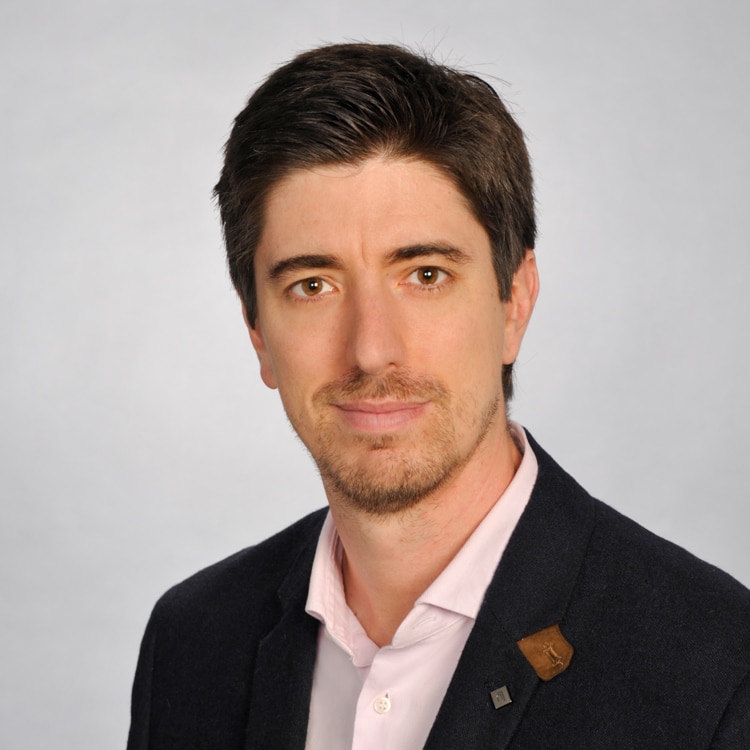
The reality of work, for most people, is far from ideal. Work should be more than a daily chore, it should be an enriching experience that allows us to grow, learn and make a difference in the world. Unfortunately, a lot of employees are not happy in their corporate jobs. The polling company Gallup has been conducting State of the Global Workplace surveys for several years. These surveys are large, typically involving over 200,000 respondents from over 150 countries, and they assess how ‘engaged’ people are by their work. In no country does the engagement figure exceed 40% and only approximately 22% of world’s employee are currently engaged. Even worse, the numbers are shockingly low across Europe, with only 13% of workers reporting that they are engaged at work.
Many people are doing their jobs without passion or purpose and this lack of engagement affects productivity, workplace morale, and ultimately the success of businesses. A recent survey from LinkedIn’s Workforce Confidence Index revealed another concerning trend: nearly half of the workers in key industries like retail, technology, hospitality, and administrative services are considering leaving their current jobs. Factors such as lack of meaningful work, lack of flexibility and growth opportunities, and low pay play a big role. This turnover tendency disrupts continuity and imposes high costs to organizations. This also concerns Switzerland. A last year’s survey from Deloitte entitled ‘Swiss Gen Z and Millennial Survey 2023’ reported that nearly half of Generation Z and over a fifth of all millennials are planning to hand in their notice in the next two years. While another Deloitte’s survey has also shed light on the alarming level of stress and anxiety with nearly half of Gen Zs and four in 10 millennials feeling stressed or anxious all or most of the time. High stress levels can lead to decreased productivity, absenteeism, and even long-term health problems, as well documented by Stanford’s Prof. Jeffrey Pfeffer in his thought-provoking book ‘Dying for a Paycheck’.
These are not just personal issues; they represent a workplace crisis. Traditional work methods are failing us and create instability for organizations. In fact, studies have also shown how company are increasingly struggling to remain competitive in a rapidly changing environment causing a significant reduction in the lifespan of corporations. A key aspect to thriving in today’s volatile environment is transitioning from traditional models of top-down control to decentralized models of organizing. But making this shift is not simple. It requires not only new structures and processes but also to redefine the leadership role to navigate the delicate balance of ensuring guidance and high performance while letting go of control.
For this reason, we are calling for research projects on new models of decentralized organizational design, under the supervision of Prof. Stefano Battaglia, PhD, including Self-Management Frameworks, Holacracy, Sociocracy, RenDanHeYi, TEAL, Organic Organization (O2) Dynamic Shared Ownership (DSO) and Enterprise Agile. Through these research projects, we aim to contribute to a better understanding of how organizations can function with less or minimal hierarchy, how decision-making can be shifted downwards through the organizations to foster ownership and engagement across levels of the organization, and how to develop a more decentralized leadership style.
Here is Prof. Battaglia’s perspective on the importance of pursuing this research project:
“Firms are gradually becoming less centralized but determining how to effectively flatten an organization’s structure can be daunting. Successfully organizing for the future requires a deep understanding of how to design, implement, and assess flatter organizational structures. We must guide organizations in their ongoing efforts to decentralize and flatten hierarchies to meet today’s urgent challenges; we need to help them shift from an outdated command-and-control leadership model to more empowered organizational structures and systems. “
If you are interested, please reach out to our BSL Team to learn more.

Dr. Stefano Battaglia
Business School Professor and Doctoral Supervisor
